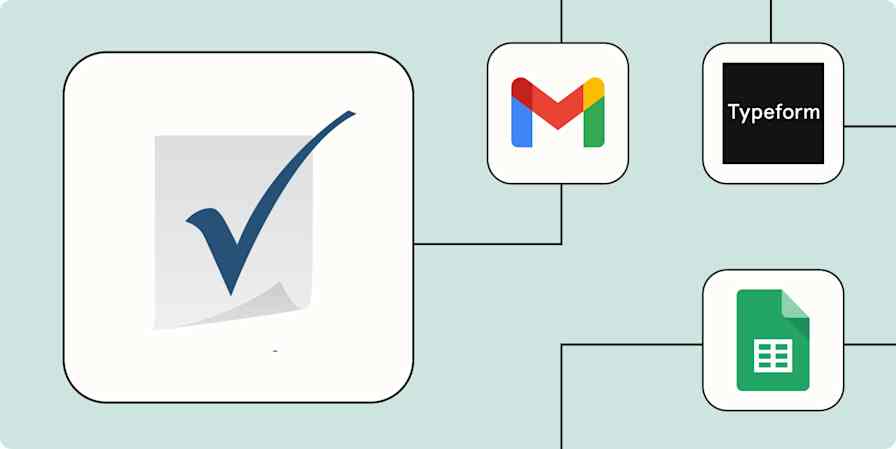Automation inspiration
3 min read5 ways to automate Descript with Zapier
By Will Harris · August 3, 2023

Get productivity tips delivered straight to your inbox
We’ll email you 1-3 times per week—and never share your information.
mentioned apps
Related articles
Improve your productivity automatically. Use Zapier to get your apps working together.









